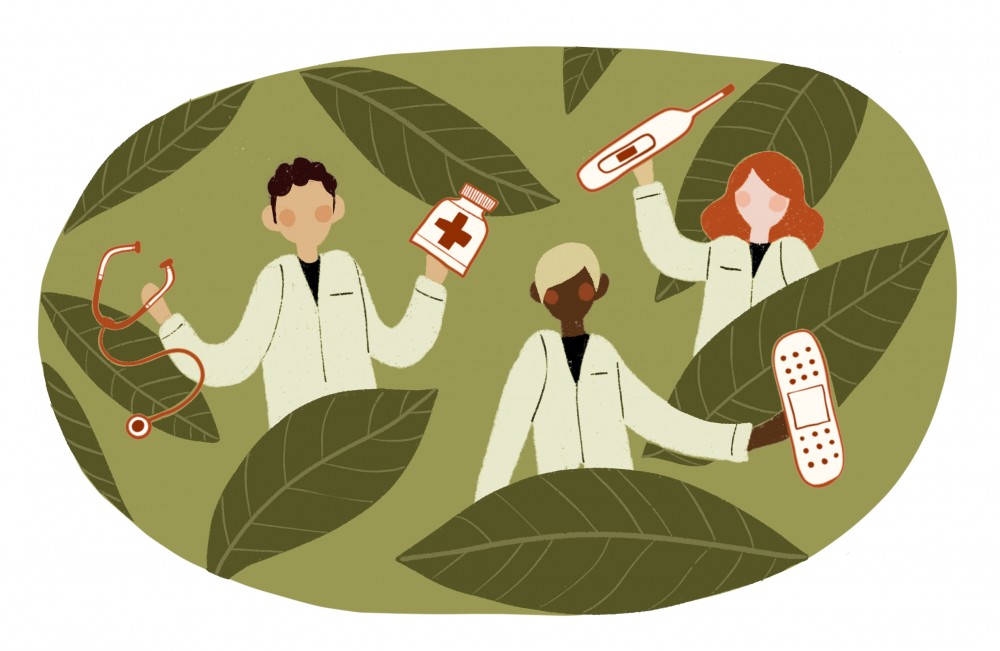The University of Minnesota Medical School recently announced it is taking measures to address climate change and sustainability within the college, including reducing plastic packaging for medical materials.
In a statement released this month, Medical School Dean and Vice President for Academic Clinical Affairs Jakub Tolar revealed the first steps the Medical School would take to address climate change. These projects will provide potential solutions to eliminate medical waste by reducing plastic packaging and replacing it with compostable materials.
Additionally, a sustainability team from the Medical School will work with the University’s Office of Sustainability to evaluate where changes need to be made within the college to be more sustainable.
“I emphasize that this is just the beginning of the work we can and must do, and in addition, I would ask that we all think about our individual impact on this planet,” Tolar said in a statement to the Minnesota Daily.
Medical student Aaron Rosenblum was one of the first students to propose the medical school should address climate change. He, along with fellow medical students Daniel Ly and Jack Inglis, authored a proposal to address some of these issues and brought this idea to the Medical School Student Council last spring. They then brought it to Tolar this fall.
“A lot more affects a person’s health than what happens in the clinic … environmental health is a big part of those social determinants or structural determinants of health,” Rosenblum said. “The science couldn’t be anymore clear that climate change is a threat.”
Some of the ways Ly said they are hoping to help the Medical School become more environmentally conscious include implementing a climate change research elective for third- and fourth-year medical students and looking at how other institutions are working on this issue.
“We’re trying to evaluate with as much scientific data as we can, kind of tiny changes we can make now that have larger lasting implications for the reduction of carbon emissions,” Ly said. “I appreciate that there are many people out there that also believe that this should be addressed, and it’s well within our control to make a large difference.”
Dr. Vishnu Laalitha Surapaneni is an assistant professor in the Medical School and faculty adviser for the student group Health Students for a Healthy Climate. She also works with the Climate Health Action Program to address sustainability through education. As a professor and a clinician, she said one of her goals is work to reduce carbon emissions.
“Whether you’re talking about asthma or heart disease, there’s always a role that air quality plays,” Surapaneni said. “So trying to make those connections [between health and climate change] more obvious so that we can train our next generation health care providers that are able to counsel patients better on how patients can protect themselves from these impacts.”
Rosenblum said they hope M Health Fairview and the University will become models to other institutions on how to address sustainability and climate change.
“It doesn’t mean that we can swoop in and have a quick fix [for climate change] like a blood pressure let’s say, or a liver transplant,” Rosenblum said. “But it does mean that we have a responsibility to do something.”







